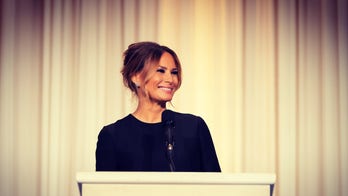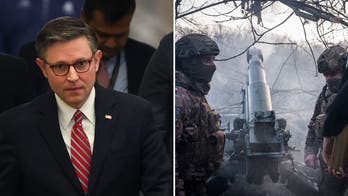EDINBURGH -- The expenses racked up by U.S. lawmakers traveling here for a conference last month included one for the "control room."
Besides rooms for sleeping, the 12 members of the House of Representatives rented their hotel's fireplace-equipped presidential suite and two adjacent rooms. The hotel cleared out the beds and in their place set up a bar, a snack room and office space. The three extra rooms -- stocked with liquor, Coors beer, chips and salsa, sandwiches, Mrs. Fields cookies and York Peppermint Patties -- cost a total of about $1,500 a night. They were rented for five nights.
While in Scotland, the House members toured historic buildings. Some shopped for Scotch whisky and visited the hotel spa. They capped the trip with a dinner at one of the region's finest restaurants, paid for by the legislators, who got $118 daily stipends for meals and incidentals.
Eleven of the 12 legislators then left the five-day conference two days early.
The tour provides a glimpse of the mixture of business and pleasure involved in legislators' overseas trips, which are growing in number and mostly financed by the taxpayer. Lawmakers travel with military liaisons who carry luggage, help them through customs, escort them on sightseeing trips and stock their hotel rooms with food and liquor. Typically, spouses come along, flying free on jets operated by the Air Force. Legislative aides come too. On the ground, all travel in chauffeured vehicles.
The lawmakers were in Scotland to meet with foreign officials and attend a conference of U.S. and European legislators called the NATO Parliamentary Assembly. A spokesman for Tennessee Democratic Rep. John Tanner, the leader of the delegation of eight Democratic and four Republican House members, said the conference provided "the opportunity to learn first-hand the views and concerns that other countries have over the key security issues of the day."
Such gatherings also allow legislators to meet "members of parliaments who play important roles in their own countries in shaping the security agenda that their governments pursue at NATO," added Tanner's spokesman, Randy Ford. As for the three rented rooms not used for sleeping, these provided a "secure space for members to conduct meetings," he said.




